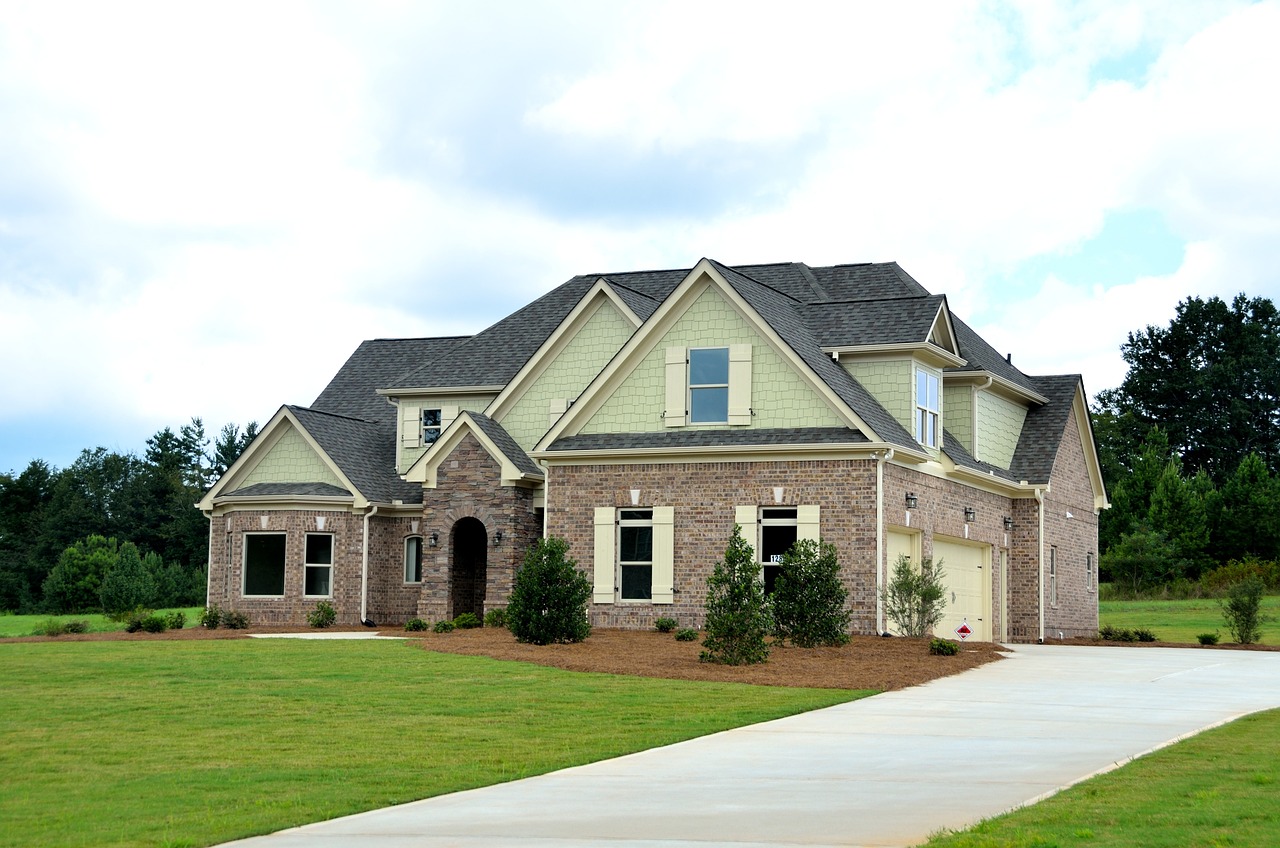The Impact of Acoustic Design on Home Comfort and Privacy
Soundproofing has become an essential consideration in modern home design. With the increasing urbanization and population density, noise pollution has become a common issue for many residential spaces. Whether it’s the bustling city streets, the neighbor’s barking dog, or the roar of traffic, unwanted noise can disrupt the peace and tranquility of a home environment.
By implementing soundproofing solutions during the design phase of a home, homeowners can enjoy a quieter and more peaceful living space. Soundproofing materials such as acoustic panels, double glazed windows, and doors with rubber seals can help reduce the transmission of noise from outside sources. Not only does soundproofing enhance the quality of life for residents, but it also adds value to the property by creating a more comfortable and serene living environment.
Understanding Noise Levels in Residential Spaces
In residential spaces, the levels of noise can significantly impact our well-being and daily lives. It is crucial to recognize that noise can come from various sources, such as footsteps, voices, appliances, and outdoor activities. These noises can range from lower decibels like the ticking of a clock to higher levels like traffic noise or loud music from neighbors.
Understanding the noise levels in your living environment is essential for creating a comfortable and peaceful space. Excessive noise can lead to stress, sleep disturbances, and reduced productivity. By assessing the sources of noise and implementing soundproofing solutions, homeowners can effectively control and minimize unwanted sounds for a more tranquil living experience.
Why is soundproofing important in home design?
Soundproofing is important in home design to create a peaceful and comfortable living environment by reducing noise levels from outside sources or other rooms within the house.
How can I determine the noise levels in my residential space?
You can determine the noise levels in your residential space by using a sound level meter or consulting with a professional acoustic consultant.
What are some common sources of noise in residential spaces?
Common sources of noise in residential spaces include traffic noise, noisy neighbors, appliances, plumbing, and HVAC systems.
How can I reduce noise levels in my home?
You can reduce noise levels in your home by installing soundproofing materials such as insulation, acoustic panels, weatherstripping, and soundproof windows and doors.
How can understanding noise levels in residential spaces improve overall quality of life?
Understanding noise levels in residential spaces can improve overall quality of life by creating a quieter and more peaceful living environment, reducing stress and promoting better sleep and concentration.





